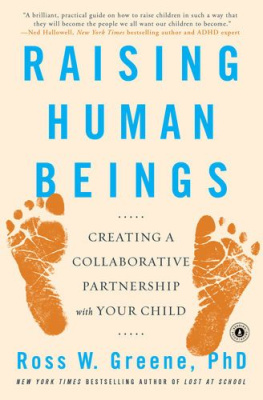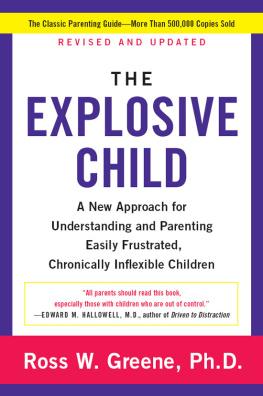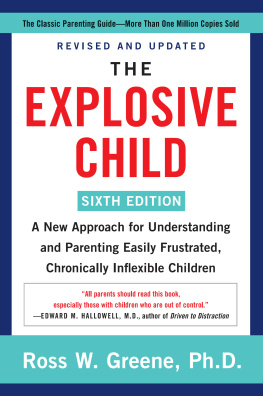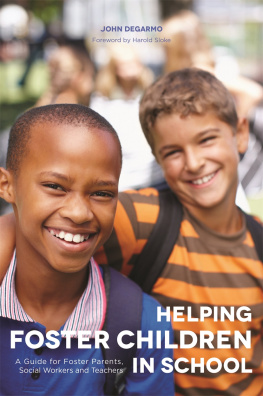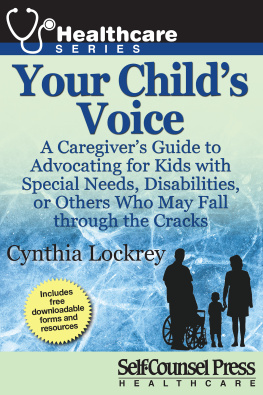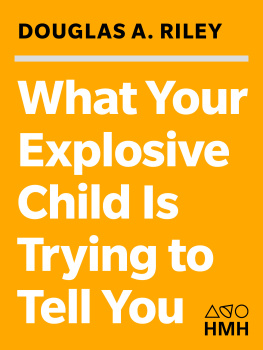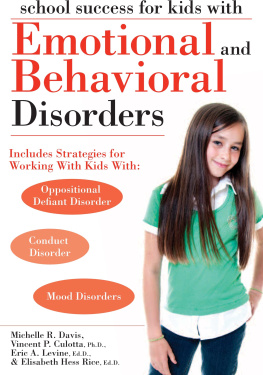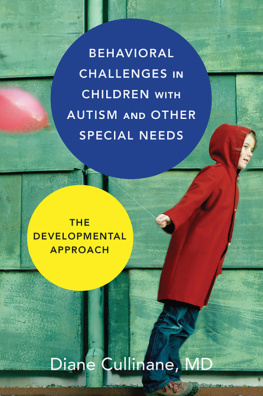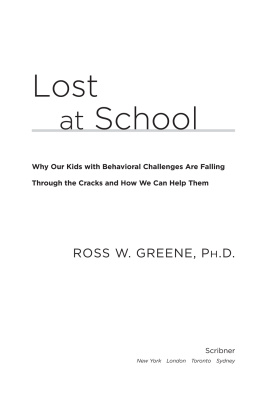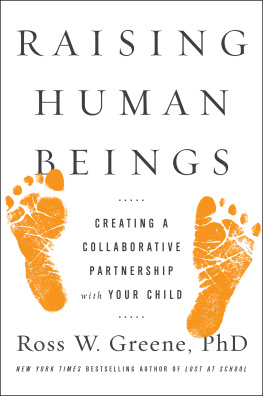More from the Author |
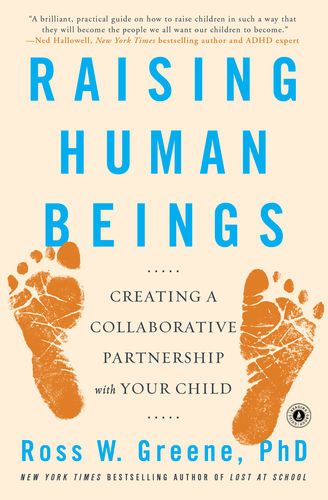 |
Raising Human Beings |
We hope you enjoyed reading this Simon & Schuster ebook.
Get a FREE ebook when you join our mailing list. Plus, get updates on new releases, deals, recommended reads, and more from Simon & Schuster. Click below to sign up and see terms and conditions.
CLICK HERE TO SIGN UP
Already a subscriber? Provide your email again so we can register this ebook and send you more of what you like to read. You will continue to receive exclusive offers in your inbox.
Thank you for downloading this Simon & Schuster ebook.
Get a FREE ebook when you join our mailing list. Plus, get updates on new releases, deals, recommended reads, and more from Simon & Schuster. Click below to sign up and see terms and conditions.
CLICK HERE TO SIGN UP
Already a subscriber? Provide your email again so we can register this ebook and send you more of what you like to read. You will continue to receive exclusive offers in your inbox.
Acknowledgments
Im a very fortunate person in many ways, beginning with my two kids, Talia and Jacob, and my wife, Melissa. I am fortunate that my agent Wendy Lipkind took me under her wing many years ago. Regrettably, Wendy did not live to see the revised and updated edition of this book. There will never be another one like her.
I was also fortunate to benefit from the stellar editing and guidance of Samantha Martin on the first edition of this book, and to have had dozens of educators and parents provide input on various drafts of that edition. Two educators deserve special mention: Julie Benay, principal at Malletts Bay Elementary School in Colchester, Vermont; and Laura Baker, whos now on the faculty at Westfield (Massachusetts) State University. Many parts of this book are a reflection of their wisdom. Lynn Heitman provided very helpful feedback on the running story section in the book.
And Ive been fortunate to work with hundreds of educators throughout the world who are already implementing Collaborative and Proactive Solutions in their schools and classrooms, and who tirelessly devote themselves to helping colleagues understand and treat behaviorally challenging kids in more humane, compassionate ways. They have my heartfelt gratitude and admiration.

DR. ROSS W. GREENE is associate clinical professor in the Department of Psychiatry at Harvard Medical School and the author of The Explosive Child. He is also founding director of the Collaborative Problem Solving Institute, a program based in the Department of Psychiatry at Massachusetts General Hospital. Dr. Greene lectures extensively both in North America and abroad. His research has been funded by the U.S. Department of Education, the National Institute on Drug Abuse (NIDA), and the Stanley Medical Research Institute.
This title is also available as an eBook.
Register online at www.simonsays.com for more information on this and other great books.
Visit BookClubReader.com, your source for reading group guides and other book club materials.
ASSESSMENT OF LAGGING SKILLS & UNSOLVED PROBLEMS (Rev. 11-12-12)
Childs Name: _______________________________ Date: __________
Instructions: The ALSUP is intended for use as a discussion guide rather than as a freestanding checklist or rating scale. It should be used to identify specific lagging skills and unsolved problems that pertain to a particular child or adolescent. If a lagging skill applies, check it off and then (before moving on to the next lagging skill) identify the specific expectations the child is having difficulty meeting in association with that lagging skill (unsolved problems). A nonexhaustive list of sample unsolved problems is shown at the bottom of the page.
LAGGING SKILLS | UNSOLVED PROBLEMS |
____ | Difficulty handling transitions, shifting from one mind-set or task to another |
____ | Difficulty doing things in a logical sequence or prescribed order |
____ | Difficulty persisting on challenging or tedious tasks |
____ | Poor sense of time |
____ | Difficulty maintaining focus |
____ | Difficulty considering the likely outcomes or consequences of actions (impulsive) |
____ | Difficulty considering a range of solutions to a problem |
____ | Difficulty expressing concerns, needs, or thoughts in words |
____ | Difficulty understanding what is being said |
___ | Difficulty managing emotional response to frustration so as to think rationally |
____ | Chronic irritability and/or anxiety significantly impede capacity for problem solving or heighten frustration |
____ | Difficulty seeing the grays/concrete, literal, black-and-white thinking |
____ | Difficulty deviating from rules, routine |
____ | Difficulty handling unpredictability, ambiguity, uncertainty, novelty |
____ | Difficulty shifting from original idea, plan, or solution |
____ | Difficulty taking into account situational factors that would suggest the need to adjust a plan of action |
____ | Inflexible, inaccurate interpretations/cognitive distortions or biases (e.g., Everyones out to get me, Nobody likes me, You always blame me, Its not fair, Im stupid) |
____ | Difficulty attending to or accurately interpreting social cues/poor perception of social nuances |
____ | Difficulty starting conversations, entering groups, connecting with people/lacking other basic social skills |
____ | Difficulty seeking attention in appropriate ways |
____ | Difficulty appreciating how his/her behavior is affecting other people |
____ | Difficulty empathizing with others, appreciating another persons perspective or point of view |
____ | Difficulty appreciating how s/he is coming across or being perceived by others |
____ | Sensory/motor difficulties |
UNSOLVED PROBLEMS GUIDE: Unsolved problems are the specific expectations a child is having difficulty meeting. Unsolved problems should be free of maladaptive behavior; free of adult theories and explanations; split (not clumped); and specific.
HOME: Difficulty getting out of bed in the morning in time to get to school on time; Difficulty getting started on or completing homework (specify assignment); Difficulty ending the video game to get ready for bed at night; Difficulty coming indoors for dinner when playing outside; Difficulty agreeing with brother about what television show to watch after school; Difficulty handling the feelings of seams in socks; Difficulty brushing teeth before bedtime; Difficulty staying out of older sisters bedroom; Difficulty keeping bedroom clean; Difficulty clearing the table after dinner

